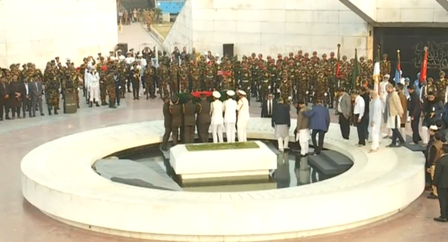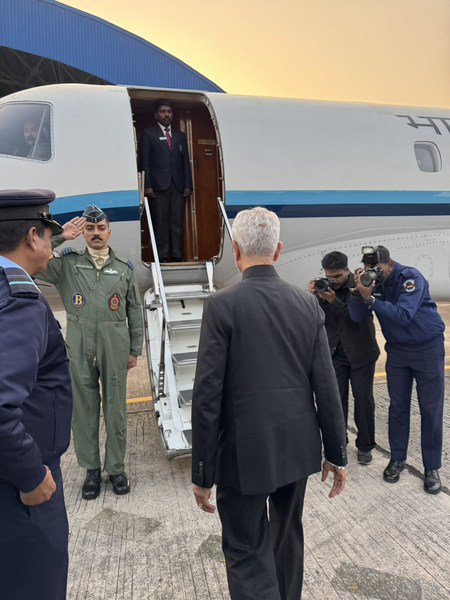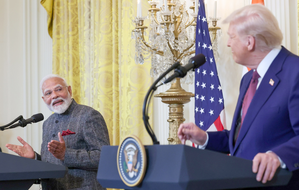
Colombo, Sep 23 (IANS) Sri Lanka should implement the Thirteenth Amendment to its Constitution, not for India’s benefit, but for its own future, an analyst wrote on Monday while citing that it remains important for unity and stability of the island nation.
As speculation swirls over whether Sri Lanka’s National People’s Power (NPP) government will hold provincial council elections in 2026, a bigger question arises on whether the NPP will move ahead with these polls, or is it preparing to end the provincial council system, despite repeated assurances.
India’s recent statement at the 60th session of the United Nations Human Rights Council (UNHRC) is not merely a diplomatic routine but its part of a decades-long commitment to Sri Lanka’s reconciliation process. This year, several nations, including the UK and Canada have echoed India’s call over Sri Lanka. These “core groups” jointly demonstrated the need for early provincial council elections and the further devolution of power as per the Thirteenth Amendment, a report in Trinconmalee’s Centre For Strategic Studies mentioned.
“As Sri Lanka’s closest neighbour and most influential regional partner, India has long advocated for the full implementation of the Thirteenth Amendment — a provision born from the historic Indo-Lanka Accord of 1987. This accord was intended to devolve power and foster inclusive governance—goals that, decades later, have yet to be realized,” wrote the Centre’s founder, A Jathindra.
“After intensive negotiations from 1985 to 1987, both moderate and militant Tamil factions agreed to India’s proposed framework for devolution. However, the Liberation Tigers of Tamil Eelam (LTTE) ultimately rejected this path, charting their own violent course until their eventual military defeat in 2009. With the LTTE gone, the Indo-Lanka Accord remains the only credible foundation for lasting peace — if, and only if, Sri Lanka’s leaders on both sides are truly willing to bridge the country’s deep-seated divides,” he added.
After the civil war ended in 2009, Sri Lanka had an opportunity to address its ethnic strife within the framework of its own constitution. However, the authorities failed to do it.
“For 16 years since the end of the war, New Delhi has encouraged Tamil parties to unite, and both sides to negotiate in good faith. Yet, no reconciliation measure as substantial as the Thirteenth Amendment has moved forward,” wrote Jathindra.
–IANS
akl/as




